Published
- 04:00 am
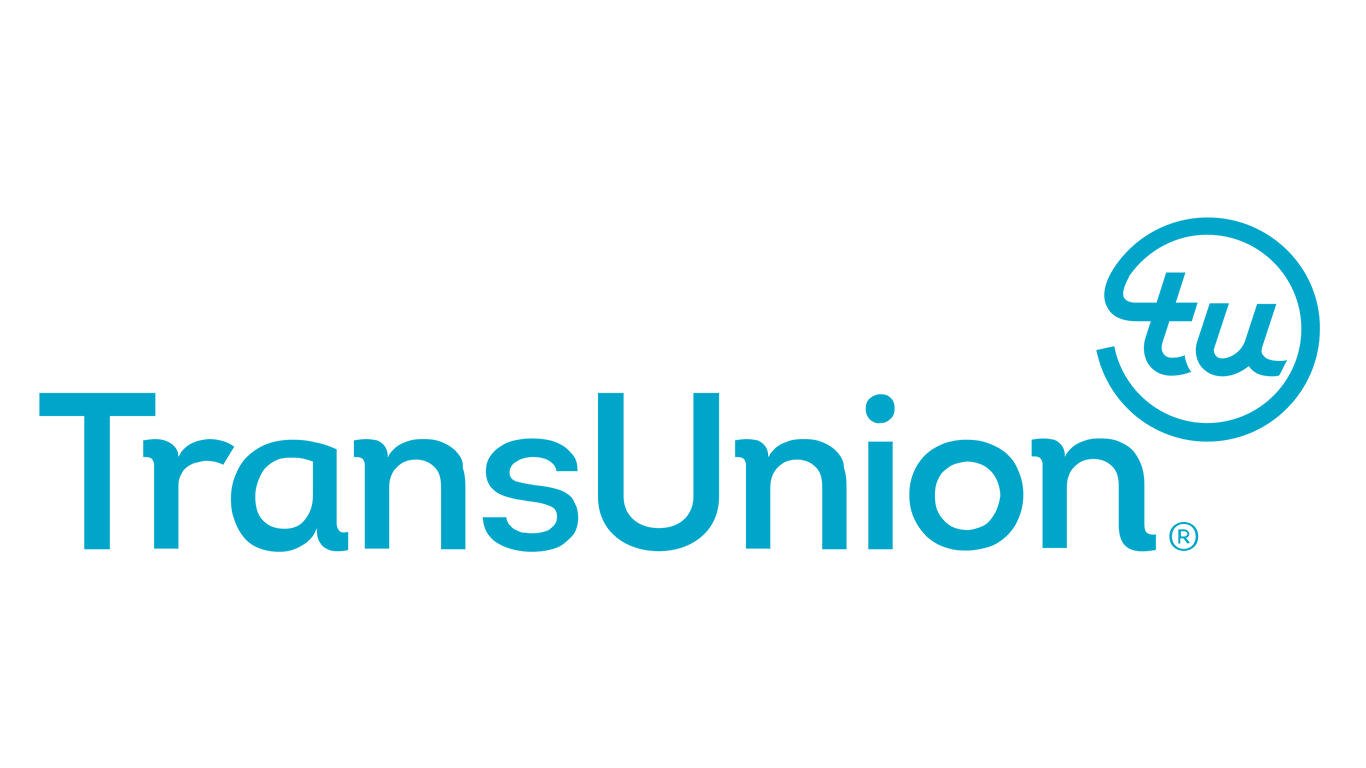
Open Banking adoption is growing, driven by the rapid digitisation of finance – according to the data from global information and insights company, TransUnion.
TransUnion’s Open Banking data, summarised in the Consumer Credit 2022 white paper, shows that financial institutions have been experiencing the highest volume of Open Banking transactions, caused in part by banking becoming more digitised during the pandemic.
Shail Deep, chief product officer at TransUnion in the UK, commented: “We know that the main drivers behind Open Banking usage are the ease and convenience of automated processes (51%) and the fact that it is quicker to get a decision on finance applications (51%). Meanwhile, 47% of Open Banking users are motivated by not having to dig out old bank statements to open accounts.
“But Open Banking isn’t a standalone technology. It forms part of the consumer journey, and what UK consumers care most about is its role in providing a faster and friction-right experience, whether providers go out of their way to label it as Open Banking or not.”
Awareness of Open Banking among UK consumers is healthy, with nearly seven in 10 (68%) saying they have heard of it when given a definition of the technology, and one in six among these (17%) saying they have used Open Banking in the past. Gen Z consumers are the most positive about Open Banking, with 42% saying they’ve used it previously and a further 32% saying they haven’t used it yet but would be willing to do so.
Despite increased adoption, there are still challenges among a minority of the population, given that one in five (21%) adults say whilst they know what Open Banking is, they aren’t willing to consent to it.
Getting consumers to try Open Banking for themselves is a key step to tackling this hesitation. Once people use Open Banking, they are overwhelmingly likely to be positive about the experience and of those who have used it in the past, 93% would be likely to use it again in future.
Open Banking helps finance providers to verify applicants who may not have a credit history, or who might have trouble getting credit altogether by enabling a more detailed view of their current finances. The technology can also facilitate solutions that help consumers manage their money and adjust spending habits to better cope with inflationary and cost of living pressures.
Andy Piggott, director of core credit at TransUnion in the UK, added: “Our research shows that the cost of living crisis makes it harder for people in the UK to improve their financial position. That said, swifter and smarter income verification processes can help to navigate the storm. The TransUnion Open Banking Platform makes it easy to authenticate and onboard consumers in an intuitive and secure environment through a seamless screen flow. It helps people to share their financial data to get access to sustainable and affordable credit products that are right for them.”
Related News
- 04:00 am
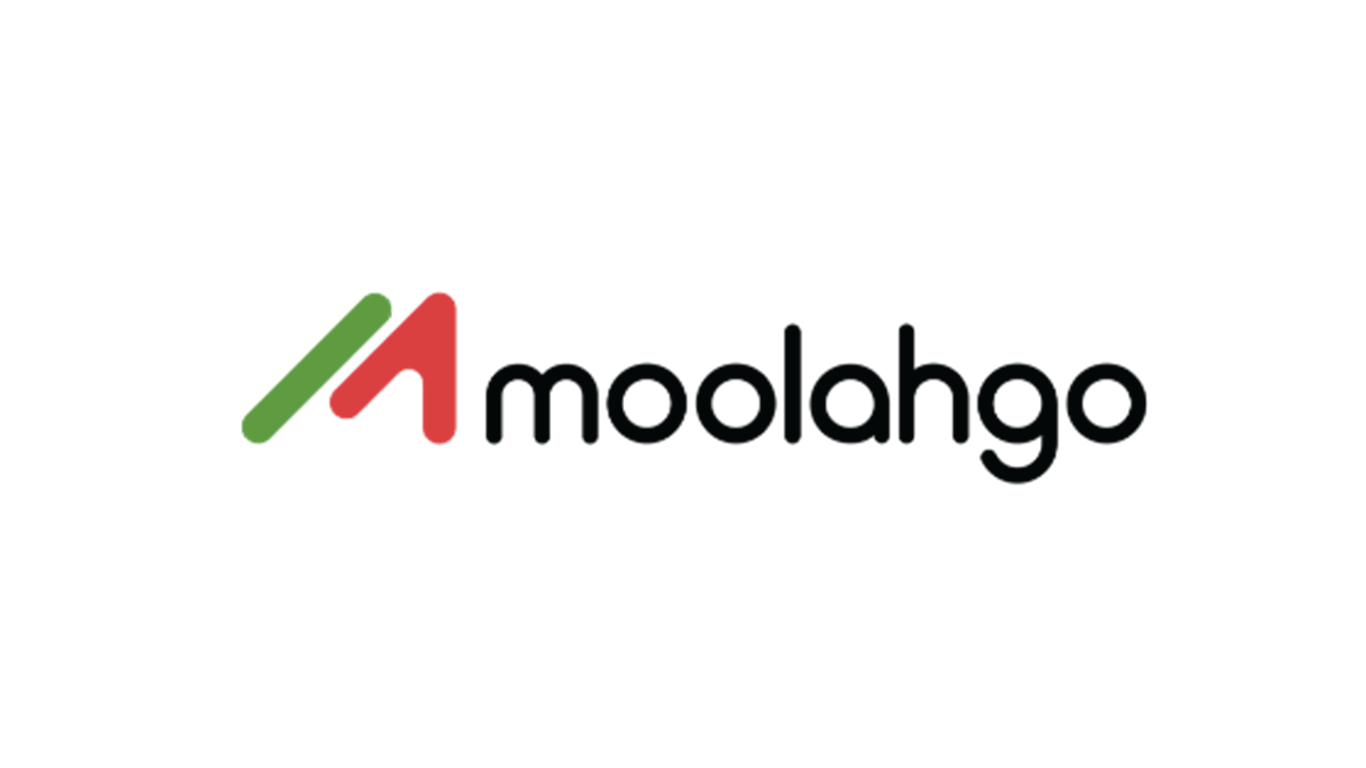
Responding to increasing market demand for low-cost, real-time payment services, Moolahgo has expanded its payment to e-wallet service to include the Philippines e-wallet GCash. What sets Moolahgo apart from other remittance apps is that its service allows a Moolahgo user to simply select a phone number saved in the phonebook and send money real-time (24x7) to the payee’s GCash wallet in the Philippines. Moolahgo is also making this technology available to its partners as part of its Payment-as-a-Service platform.
GCash is one of the leaders in the Philippines’ e-wallet market. With the addition of this service, Moolahgo now has access to reach more than 50 million GCash users in its real-time payment network.
It’s also worth noting that Moolahgo has done this within a short span after their recent roll-out of a similar service to five major e-Wallets in Indonesia (OVO, GoPay, LinkAja, Dana, ShopeePay totalling more than 300 million users), a service that has seen a tremendous take-up rate amongst its e-wallet users and making the Moolahgo e-wallet an app of choice for transferring money to Indonesia. Moolahgo also recently announced it has launched a Pay to Visa debit / prepaid card service, making it the first non-bank e-wallet to offer such a service in Singapore.
“This is yet another important milestone in our company’s vision of creating a frictionless fiat-money transfer system. There have been lots of talks of late about cryptocurrencies being the ultimate answer to low-cost and fast currency movement solutions. At Moolahgo, we believe that fiat money movement can similarly be extremely fast and low-cost and we’ve proven this is possible with our technologies,” says Mr. Jodi Junan, Chief Technology Officer at Moolahgo.
The addition of this Pay Now to GCash e-wallet service is a major welcome to Moolahgo’s Filipino users as the unbanked/underbanked population in the Philippines is still high. This service allows Moolahgo’s e-wallet to become even more inclusive.
Moolahgo’s Pay Now to Philippines GCash service costs only S$0.50 per transaction as at the time of this writing. And as always, users of the service get to enjoy competitive rates from Moolahgo as well.
Related News

Ed Whitehead
Managing Director EMEA at Signifyd
Ecommerce is fast-paced, competitive, and ever-changing. see more
- 07:00 am
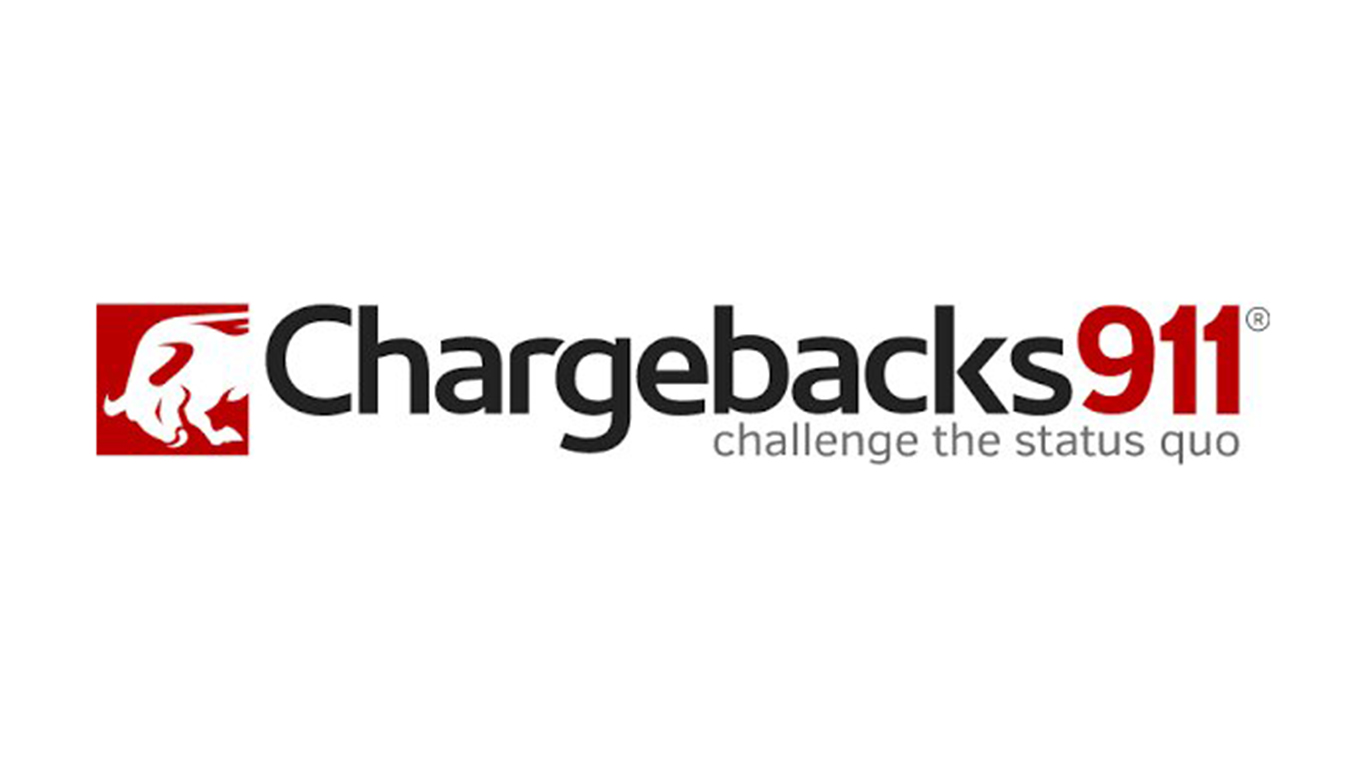
Chargebacks911, the leading dispute specialist that powers chargeback remediation for the largest global eCommerce businesses, today releases its third annual Chargeback Field Report. The report details a real-world look at the health and status of chargeback management in the card-not-present (CNP) space.
After a record-setting rise in chargeback fraud driven largely by the COVID-19 pandemic, many merchants were hoping for financial relief and a return to payment normalcy in 2022. Instead, 65% of merchants surveyed reported an increase in chargeback fraud – a shocking statistic that could have dire consequences for an economy still reeling from inflation and supply-chain breakdowns.
“Seeing these kinds of figures coming out of COVID and looking at where our global economy stands, is a worrying time for merchants,” says Monica Eaton-Cardone, Founder of Chargebacks911. “The report clearly shows that the chargeback threat is growing faster than ever.”
According to the new report, the number of merchants taking steps to mitigate friendly fraud more than doubled over the past year, rising to over 75% from the previous year.
“Merchants seem to be increasingly aware of the threat and are taking action,” comments Frank Turner, VP of Data Science at Chargebacks911. “At the same time, only 18% of them reported having success with their efforts, which speaks to the scale of the challenge.”
Card networks are also getting more active in stopping disputes before they get to chargeback status. Visa’s Rapid Disputes Resolution (RDR) is one resolution that has helped give merchants more control. On average, survey participants currently enrolled in the program reported a surprising 34% decrease in chargebacks.
The survey also noted that merchants are reverting to using the term “chargeback” to refer to payment disputes. After Visa replaced the word “chargeback” with “dispute” for its brand, previous research had shown merchants slowly adapting to the change. This report, however, shows a significant drop in usage for the newer term.
While credit cards are still the primary payment method used to buy online, the number of alternatives is increasing. ‘Buy Now Pay Later’ is surging; 27 per cent of merchants in our survey say they offer it – up 29% from last year. Whereas both eWallets and ACH transfers are now accepted by more than half of the respondents.
“With over 300 merchants surveyed, this report is our most comprehensive field report to date,” said Jarrod Wright, VP of Marketing at Chargebacks911. “This data is pivotal in tracking how businesses are handling friendly fraud coming out of a pandemic and moving forward into what could be an even tougher economic climate.”
Related News
- 03:00 am

MDOTM Ltd., the global provider of AI-driven investment solutions for institutional investors, enters Fintech Global's list of the world's most innovative AI companies. Chosen among over 2000 international applications, a panel of industry experts selected MDOTM due to the company’s innovative approach to AI in Asset and Wealth Management and the growing adoption of its proprietary technology by institutional investors across Europe and the US.
Founded in London, MDOTM has pioneered AI-driven investment strategies for institutional investors since 2015. In its early stages, the company joined Google’s acceleration programme in Silicon Valley and then raised over $10 million from institutional and professional investors. With over 50 physicists, engineers and AI experts, MDOTM’s R&D recently became one of the largest AI-focused investment teams. The company’s international academic network of universities and industrial partners – MDOTM LAB – has led to MDOTM’s involvement in several research projects at the intersection of AI, Behavioural, and Sustainable Finance.
ALICE® – the company’s proprietary AI technology – is currently used by primary financial institutions, banks and insurance companies across Europe and the US to support their Asset Allocation decisions and launch new investment products. Thanks to its unique approach, ALICE® earned the “Excellence in Investment Advisory” award by the AIFiN committee and “Best New Product” at the Global Fintech Awards in New York, where the company plans to open its new office by Q4 2022 to accelerate its international scale-up.
Tommaso Migliore, CEO & Founder of MDOTM, commented: “As AI will keep playing a fundamental role in Asset and Wealth Managers’ strategies to stay competitive, being one of the most innovative AI companies is a further sign of MDOTM’s growing momentum and value that our technology brings to our institutional clients. This recognition pays off years and relentless efforts into making ALICE® the best technology for investment decision-making and consolidates our position as a trusted and reliable partner for any financial institution seeking to integrate AI into their investment process.”
Related News
- 05:00 am
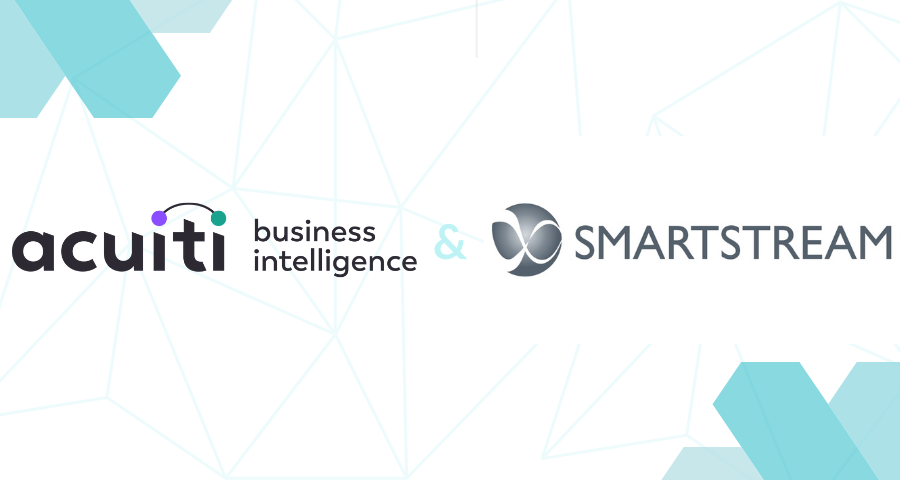
Derivatives clearing banks’ post-trade systems performed significantly better during the volatility of Q1 2022 when compared to their performance during the initial outbreak of the Covid-19 pandemic, despite being tested with higher volumes, a study by Acuiti has found.
The findings of the study are published in the most recent edition of the Clearing Management Insight Report, a quarterly survey of senior sell-side executives from across the global clearing industry. This quarter’s report was produced in partnership with SmartStream, a recognised leader in the financial transaction management solutions space that offers solutions that enable firms to improve operational control, reduce costs, build new revenue streams, mitigate risk, and comply more quickly and accurately with regulations.
In April 2020, an Acuiti report found that over 60% of the sell-side experienced significant challenges with back-office processing and reconciliations during February and March primarily due to the volatility associated with that period. The “give-up” and allocations process was also severely strained with a significant number of trades remaining unmatched for days.
This quarter’s Acuiti Clearing Management Insight Survey found that 86% of respondents thought the give-up process delivered better results now than in 2020, with 14% responding that it performed significantly better.
A similar picture can be seen in allocations, with 74% of respondents stating that the allocation process performed better in 2022, and of those monitoring GCM back office systems, 78% felt they experienced fewer issues than in 2020.
According to FIA data, the spikes in volumes experienced during this year’s Q1 volatility were much higher than in 2020. Additionally, the total volume of give-ups was 52% higher this year.
Liquidity, however, came under more pressure in February and March of this year with 39% of respondents saying that liquidity in the markets they covered was worse than in 2020. Additionally, there are still issues with the pro-cyclicality of CCP margins as shown by 43% of all respondents reporting a worse experience in 2022.
“Significant investments have been made to address the issues that clearing members faced in the volatility of Q1 2020 and these investments are delivering greater internal operational efficiency for the sell-side,” says Will Mitting, founder of Acuiti.
“Attention for senior derivatives executives is now turning to address challenges that impact operational efficiency and resilience across the market, such as reference data, which we profile in this quarter's report.”
The challenges of fragmented reference data symbologies have been a key issue in the derivatives markets for decades. In this quarter’s report, Acuiti and SmartStream provided a deep dive into reference data and the difference it can make.
This report finds that for over half of all respondents, and for 75% of tier 1 banks, reference data errors continue to be a regular cause of trade breaks.
However, the point of weakness for reference data fragmentation is now seen to be more from outside sources than within the organisation. Internally, the sell-side has become much more efficient in normalising reference data and the study found that only 20% of respondents saw moving data between internal systems as very challenging.
A greater challenge is cross-industry normalisation. Just 11% of respondents reported no challenges in standardising data received from exchanges and CCPs and only 8% found receiving data from clients problematic.
“Reference data is still managed by many firms across multiple platforms and systems with corrections and exception management handled in silos,” says Linda Coffman, Executive Vice President at SmartStream RDU. “While significant progress has been made by many firms in the market, there is still a lack of transparency and recognition around the cost attributed to bad data. “Derivatives is a complex asset class with unique reference data challenges. Therefore, it is even more critical that firms continually monitor exchange notifications to ensure that reference data is kept up to date. Considering the complexities of these processes, it is no surprise that more and more firms are turning to third-parties such as the SmartStream RDU to work with them on their reference data requirements.”
The report also further analyses the challenges firms face and explores how firms are currently processing data management as well as the gauging of attitudes and challenges endemic to the development of a single source of reference data across the market.
Download the full report here: https://www.acuiti.io/q3-clearing-management-insight-report
Related News
- 08:00 am
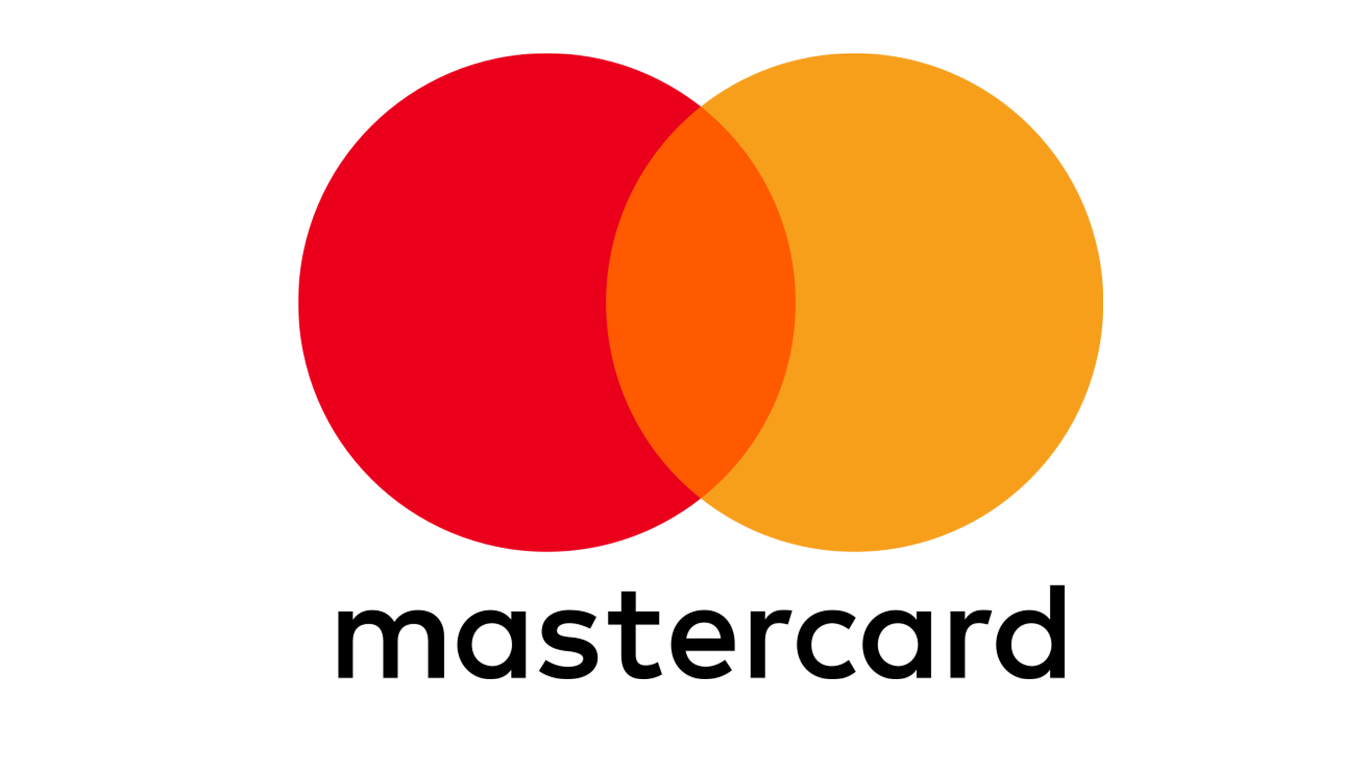
Mastercard is expanding its award-winning Start Path startup engagement program to include seven early and late-stage startups hailing from the United States, Canada and Latin America. Carbon Neutral Club, Guava, oneKIN, Palla, SUMA Wealth, Truora and Yunit are the newest Start Path companies that are embedding climate action into company culture, powering the future of retail for small businesses, simplifying the user experience on key digital channels and more.
Within the latest class, Guava, oneKIN and Yunit will join the Start Path In Solidarity pathway launched in 2021, which is exclusively dedicated to supporting early-stage startups led by traditionally underrepresented fintech founders. This programming is part of Mastercard’s commitment of $500 million in products, services, technology and financial support to help close the racial wealth and opportunity gap. All Start Path companies receive dedicated support and mentorship from Mastercard, access to customers and product teams to help build, deliver and scale solutions, and uncover unique opportunities to co-innovate.
“As we continue our eight-year legacy of successful collaboration with startups around the world through Start Path, we’re thrilled to welcome seven bright companies into the program whose beliefs and ambitions match our own,” said Blake Rosenthal, executive vice president, Fintech & Segment Solutions at Mastercard. “The companies we selected are on the pulse of what’s next and together we can create an ecosystem where everyone thrives by scaling technology and innovation with trust and security at the centre.”
The following startups are joining the newest Start Path class:
- Carbon Neutral Club: A workforce-focused sustainability platform that lets your employees calculate, offset and reduce their personal carbon footprints.
- Guava: A banking and networking platform for Black creators, entrepreneurs and small business owners.
- oneKIN: A mission-driven company focused on providing small businesses with creative and cost-effective technology solutions to help them compete in the digital landscape and grow sustainably.
- Palla: A platform that enables international peer-to-peer payments on cards from the United States to Latin America in seconds, instead of hours or days.
- SUMA Wealth: A fintech devoted to increasing prosperity and opportunity for young Latinos through culturally relevant financial tools, content and experiences that empower the community to build wealth and control their financial future.
- Truora: A technology company that simplifies user interactions from marketing to user acquisition and ensures constant communications with digital users.
- Yunit: An enterprise service management platform that allows users to participate in investment groups directly on their mobile phones.
These startups will join the growing network of more than 300 companies that have graduated from Start Path since 2014, with notable alumni entering the public markets, reaching unicorn status, and pursuing extended commercial engagements with Mastercard and its customers.
Start Path is a key program within the Mastercard Developers portfolio, which provides a single point of entry for any fintech company to access the APIs, services and tools they need to iterate at each stage of their journey, transform bold ideas into reality, and achieve scale at a fast pace.
Related News
- 06:00 am
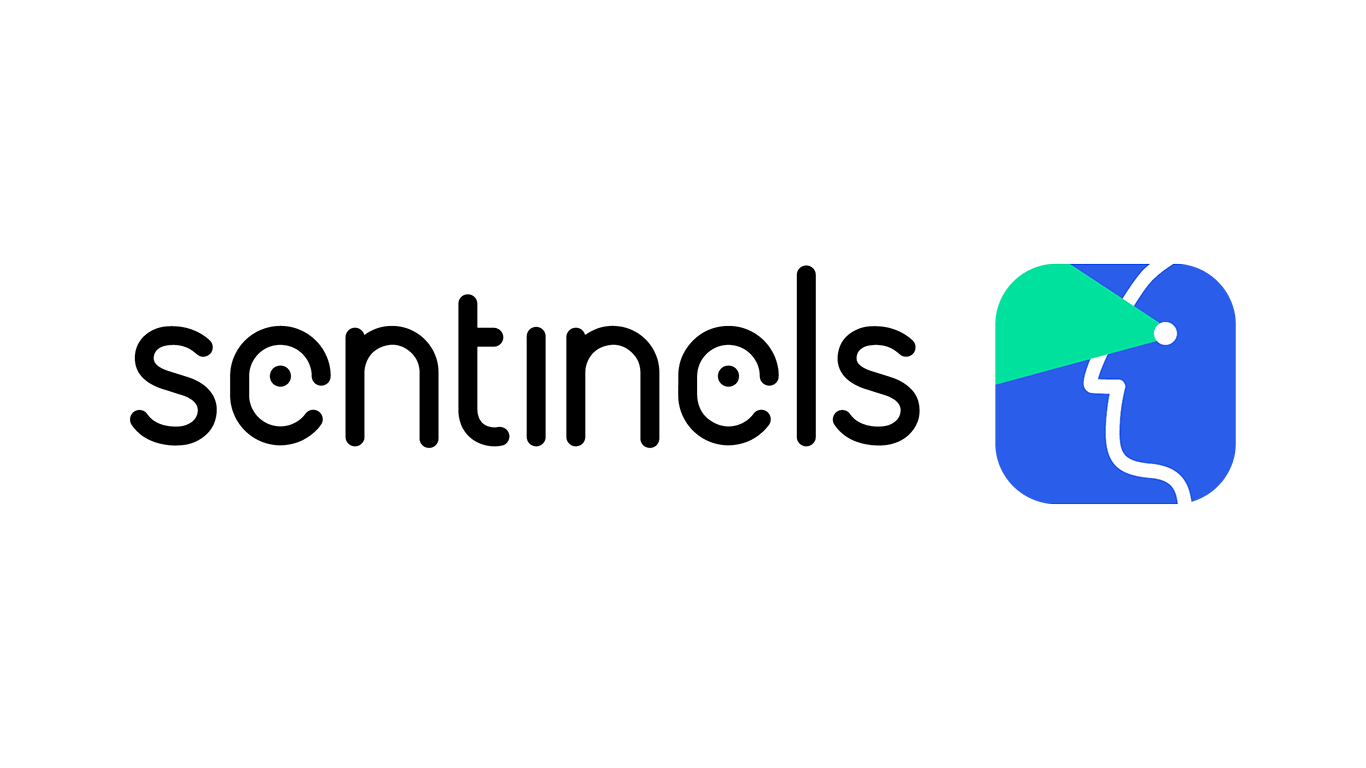
Sentinels, a Fenergo company and Europe’s leading intelligent transaction monitoring platform, has been recognized as one of the world’s most innovative AI solution providers by being included in the AI FinTech 100 List for 2022, organized by FinTech Global.
Sentinels was selected from a pool of over 2,000 companies, making for a rigorous selection process for this year’s AI FinTech 100. The finalists were selected by a panel of industry experts and analysts using research produced by FinTech Global.
Sentinels is a global provider of anti-money laundering (AML) compliance software specializing in transaction monitoring processing and screening. Since its inception, the company has worked to ameliorate the industry standards of compliance software using artificial intelligence (AI).
AI, specifically machine learning (ML), has been a cornerstone of the Sentinels approach to improving AML compliance solutions. The compliance industry has long been plagued by issues of overwhelming volume and underwhelming human-led responses. By using Sentinels, regulated businesses can move away from data-entry drudgery and focus on investigations to close out compliance issues more effectively.
Sentinels works to close the gap between regulatory demands in the compliance industry and the real-world limitations of analogue processes. AI has been instrumental in this journey and has been used by Sentinels to create an AI-powered solution that automates transaction monitoring work and identifies unusual and illicit behaviour.
AI has become more and more relevant to the world of compliance with the Financial Action Taskforce (FATF), the global regulatory watchdog, issuing a report on the Opportunities and Challenges of New Technologies for AML/CFT in July 2021, commenting: “Machine learning applications are useful for detecting anomalies and outliers identifying and eliminating duplicate information to improve data quality and analysis.”
Sentinels has harnessed this approach with ML to automate the compliance work for these large amounts of data so that compliance officers are able to spend more time examining the anomalies and outliers which can often signify money laundering activities.
FinTech Global director Richard Sachar said, “Now, more than ever, established financial institutions need to be aware of the latest AI and data analytics technology in the market to deliver competitive financial products and reach new customers. The AIFinTech100 list helps senior decision-makers in the industry filter through all the vendors in the market by identifying the market-leading AI innovators which will have lasting impact on the industry.”
Related News
- 01:00 am
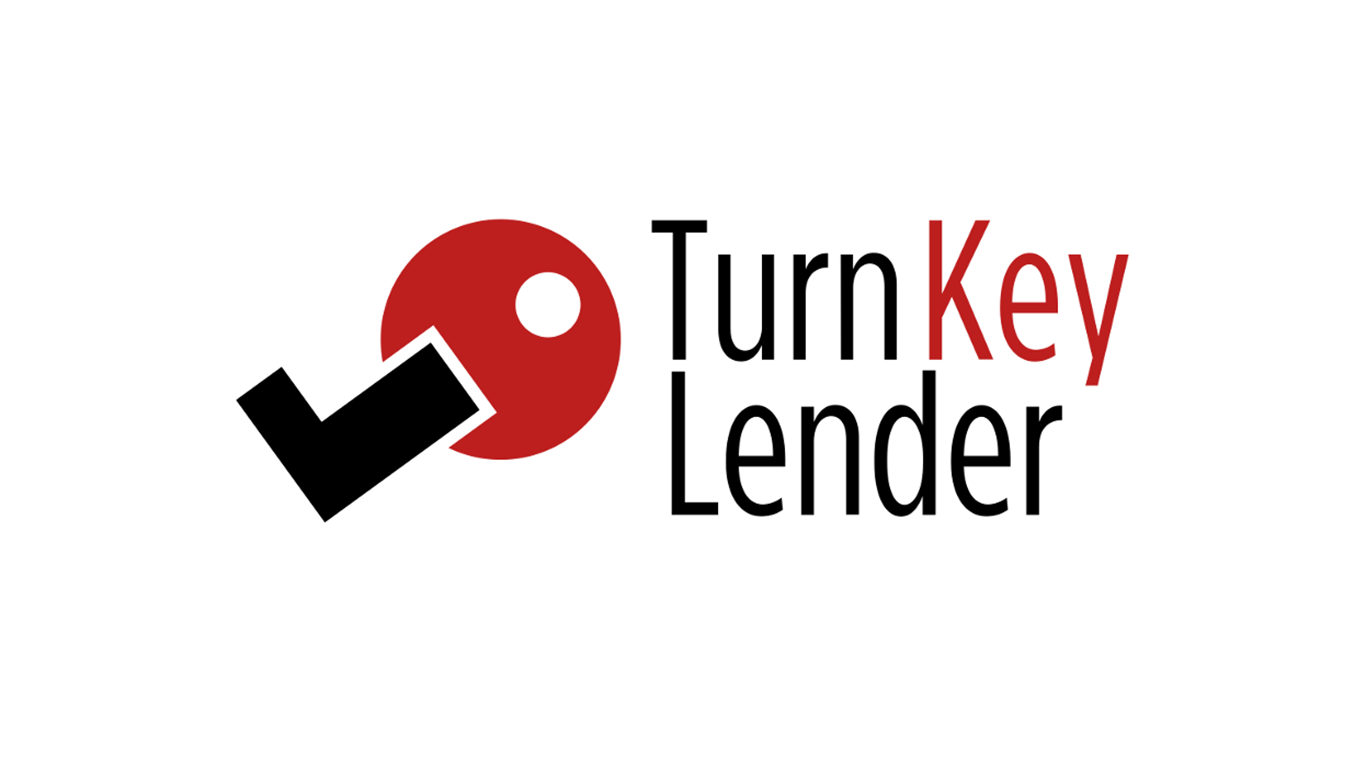
Today, TurnKey Lender, a global fintech B2B Software-as-a-Service (SaaS) company specialising in AI-powered lending automation solutions, has closed a US$10 million new funding round. The investment round – a mix of equity financing and debt – was led by OTB Ventures, with the participation of early backers including Germany’s development finance institution DEG and Vertex Ventures. The new funds will be used to take advantage of new opportunities in embedded lending adoption macro trends across North America, Europe and Southeast Asia, following a sustainable growth trajectory.
TurnKey Lender is also delighted to announce the expansion of its team with the appointment of Christian Moralesas Chairman of the Board. Christian participated in the funding round and brings over 40 years of senior experience in leading global tech institutions. He will be taking an active role in ensuring that TurnKey Lender continues the impressive growth in revenue, hiring, strategic partnerships and client relationships experienced over the past years. He will also build on TurnKey Lender’s AI-powered and fully automated technology, continuing to enable brands to finance their own clients with a fully automated embedded lending platform.
Founded in 2014, TurnKey Lender plays a part in the democratisation of digital lending in developing and developed markets and has become a leading provider of lending automation and embedded financing software globally. The company offers an all-in-one SaaS platform that automates every part of the digital lending process. TurnKey Lender has a worldwide footprint, with offices in Austin (TX), Singapore, London, Kuala Lumpur and Warsaw, which serves 180 clients and 50 million end users in over 50 countries. TurnKey Lender’s software is used by traditional, alternative, and embedded lenders such as fintechs, telecoms, retailers medical, and B2B lenders, including Esusu, Globe Telecom, aMark, allowing them to profitably grow their revenues by up to 50%, and demonstrating 126% Net Retention Rate.
Dmitry Voronenko, CEO and Co-founder of TurnKey Lender said:
“We are pleased to have raised our latest level of funding and to continue partnering with great investors. This will turbocharge the next stage of our growth. We believe that embedded lending will soon be part of any customer relationship globally.
We are excited to have Christian in our corner. As our new Chairman, I am certain his vision and experience in the market will help our business accelerate even faster on the journey to be a leading global financial services company.”
Adam Niewinski, Co-founder and Managing Partner of OTB Ventures said:
“OTB Ventures, we are proud to be leading this oversubscribed financing round for TurnKey Lender. Having been on the front line of the company, I have seen first-hand the impressive development of the international client list that the team can deliver in a dynamically growing and highly competitive environment. TurnKey Lender has created an AI-based software like no other in the industry and is revolutionising the horizons of innovation within financial services.”
Christian Morales said:
“I am humbled and very excited to be joining the TurnKey Lender team as they embark on their worldwide mission to lead key aspects of Digital Lending Transformation, with world-leading solutions and an extremely attractive and scalable customer proposition.”
Related News
- 04:00 am

United Trust Bank (UTB) has chosen the leading enterprise automation platform Workato to provide the software integration layer which will enable the Bank to connect and integrate a wide variety of powerful tools and apps to its new core Asset Finance digital platform.
UTB recently announced that it was partnering with software specialist Alfa to transform the Bank’s Asset Finance operations with an integrated digital solution improving broker service and supporting UTB’s ambitious growth plans.
UTB has commenced a project to move its Asset Finance operations to the Alfa Systems software platform. Asset Finance Head of Operations Louise McIntosh is leading the project and expects brokers to start benefitting from the replatforming by the end of 2022.
Workato’s enterprise automation platform will allow UTB to plug-in various best in class apps and specialist fintech which are most suited to the tasks required to make transacting Asset Finance business with UTB as quick and easy as possible for brokers.
These apps and tools may include automated remote ID verification, secure document upload, electronic signing, instant credit check referencing, banking system integration for faster payouts as well as powerful marketing and management information tools. The system will allow the Bank to accelerate its Asset Finance processes enabling quicker underwriting of proposals and subsequently quicker pay-outs. Integrated APIs will allow UTB to connect to brokers’ proposal systems, streamlining the application journey and removing broker frustrations such as having to double-key deals.
Recognised as a leading enterprise automation platform, Workato’s simplicity enables both business and IT teams to integrate their apps and automate business workflows without compromising security and governance. Alfa will provide the APIs then Workato will build what they call ‘recipes’ for all the services that the Bank wishes to integrate. Workato utilises machine learning and patented technology to make the creation and implementation of automation 10X faster than traditional platforms. It will make UTB more API enabled and subsequently more responsive with system and process enhancements and in creating efficiencies, not just in the Asset Finance division but across the Bank as a whole.
Nathan Mollett, Head of Asset Finance at United Trust Bank said: “The combination of Alfa and Workato will give us the ability to build a superbly specced operational platform which will simplify and accelerate deals, improve service and give us the scalability to achieve our growth objectives.
“This is a significant investment in technology which will bring many operational benefits not just to UTB’s Asset Finance business but to the Bank as a whole. I’m delighted that Asset Finance is pioneering this digital revolution at UTB which will increase our capability and free up skilled people and resources to undertake tasks which really add value for brokers and customers.”
Robert Ekstrom, VP and GM of EMEA at Workato said: “We are really excited about partnering with UTB and enabling the Bank to connect to and get the most out of its new core Asset Finance digital platform. Undertaking a digital transformation project can be challenging, however, UTB will reap the benefits from investing in this technology. We are excited to see the results and how the company continues to grow following its implementation.”









